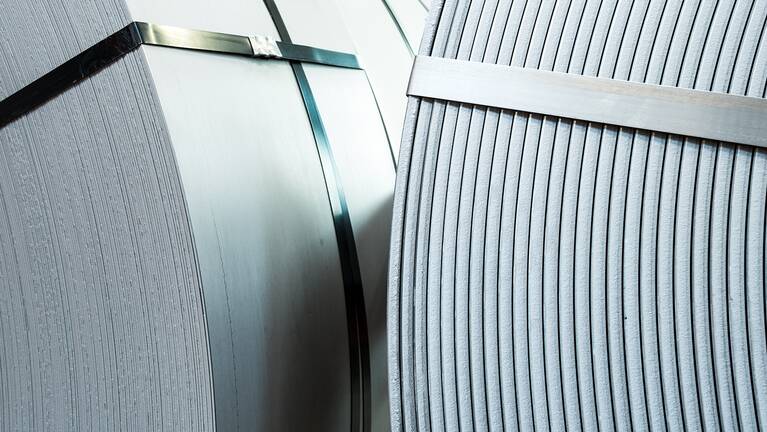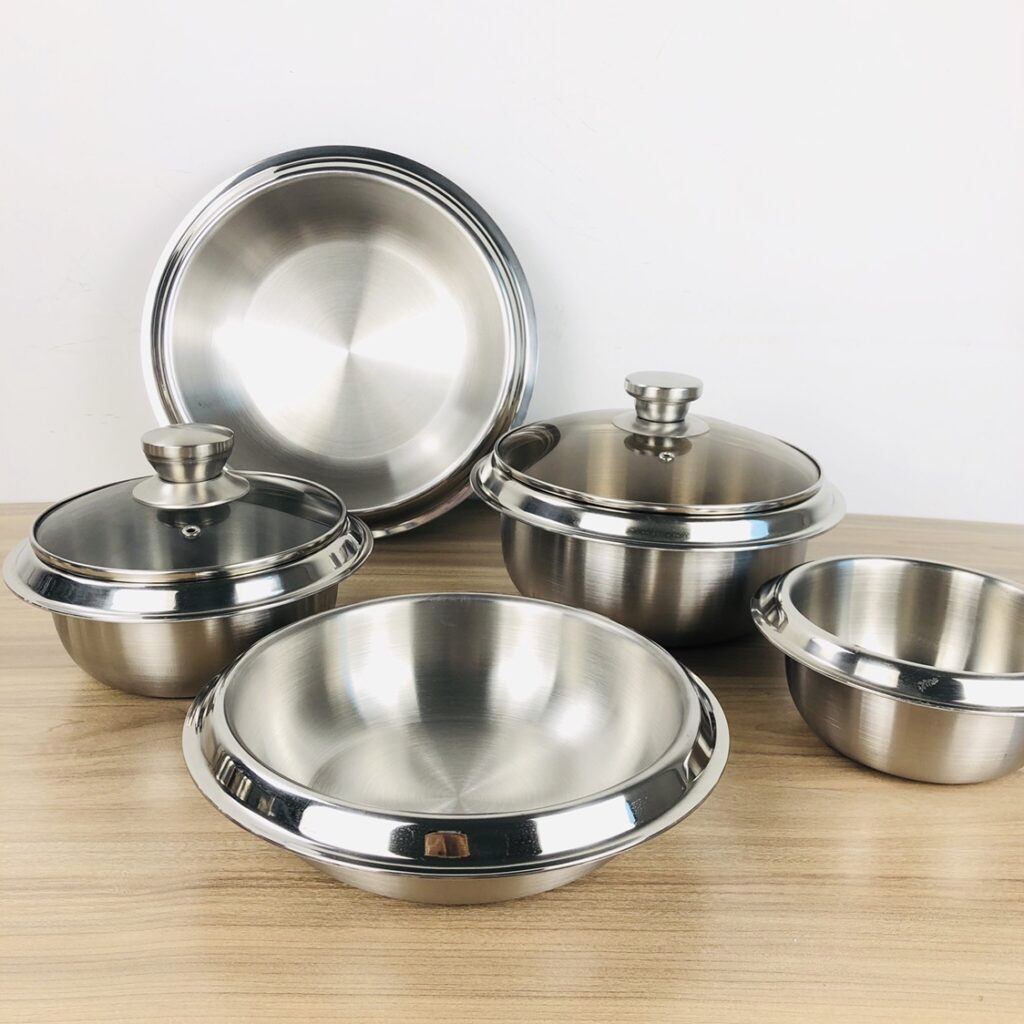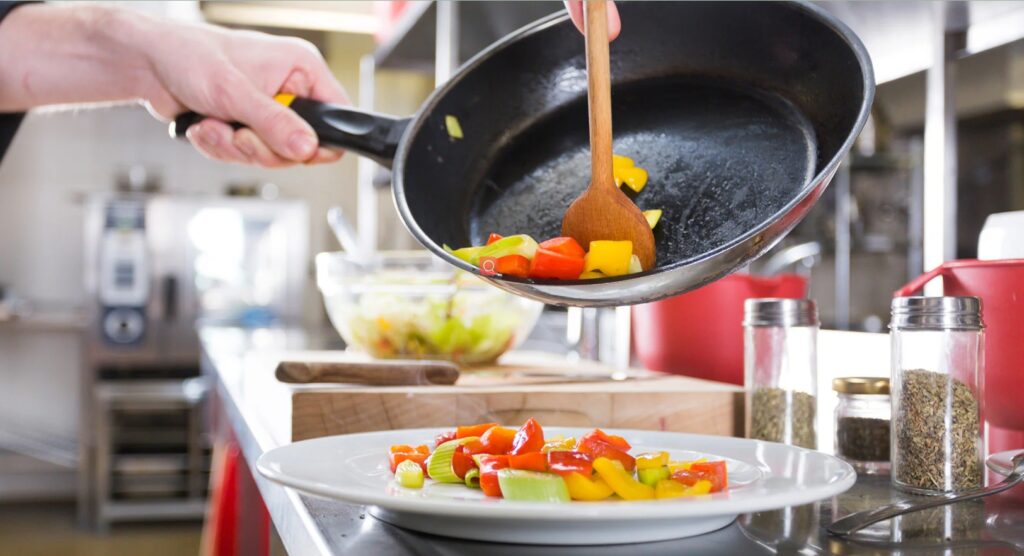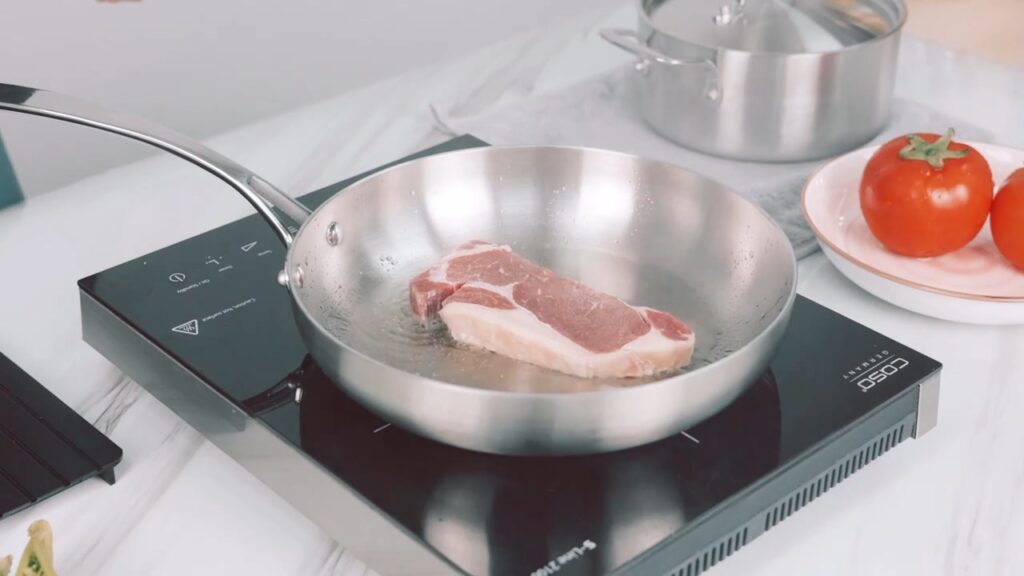When it comes to cooking efficiently, the choices you make about cookware can significantly impact your culinary experience. The question of whether cookware needs to be coated largely depends on your specific cooking needs and preferences. Coated cookware can offer various advantages, including non-stick properties and enhanced durability.
Types of Cookware Coatings
There are several coating options available for cookware, each designed to meet different cooking requirements. Non-stick coatings, typically made from Teflon or ceramic, help prevent food from sticking, making them ideal for cooking delicate items like eggs and pancakes. However, it’s important to note that not all non-stick coatings are created equal; some can wear off over time, while others are engineered to last longer.
Pros and Cons of Coated Cookware
While coated cookware offers convenience and ease of cleaning, there are also downsides to consider. For instance, coated pans may not be suitable for high-heat cooking as excess heat can damage the coating. Additionally, some individuals prefer uncoated options—such as stainless steel or cast iron—because of their durability and flavor-enhancing qualities. Ultimately, the decision of whether to use coated cookware should be balanced with your cooking style and maintenance capabilities.
In conclusion, choosing the right cookware coating depends on your cooking habits and preferences. If you value convenience and ease, coated cookware may be the way to go. However, for those who prioritize longevity and robustness, uncoated options offer their own set of benefits. Understanding these factors will help you make an informed decision that suits your culinary needs.





